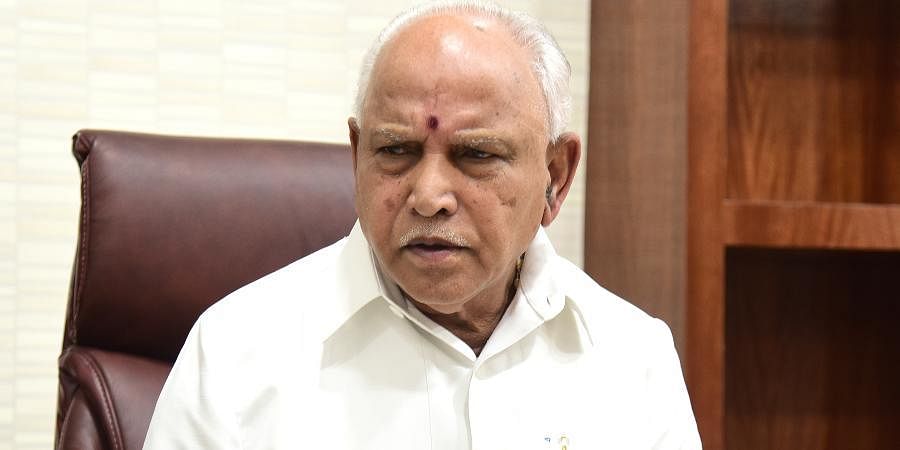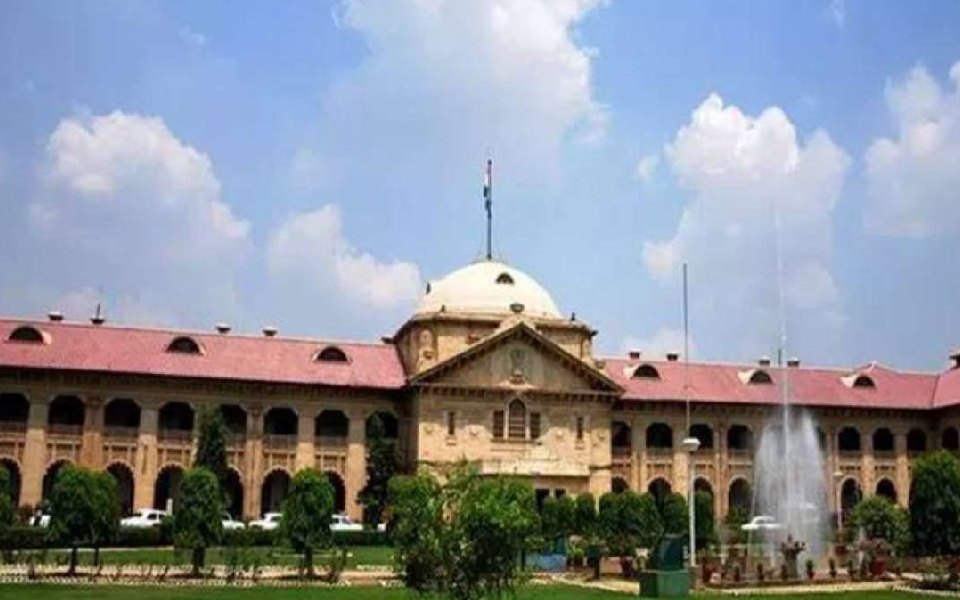Bengaluru, Feb 27: Veteran BJP leader and former Karnataka Chief Minister B S Yediyurappa, who turned 79-years of age on Sunday said he will tour across the state after the budget session of the legislature and strive towards bringing the party back to power in the 2023 assembly polls.
The "BJP strong man" also exuded confidence about the saffron party forming the government once again, as the blessings of the people are with them.
"Despite not being in power, more than 2,000-3,000 people came and blessed me on the occasion of my birthday, I'm indebted for their love and trust. After the assembly session, I will once again travel across the state and will do all that is possible beyond my limits to bring BJP back to power," Yediyurappa said.
Speaking to reporters here, he said people are still with the BJP and will not support the Congress' hypocrisy, as they have seen them.
"It is our firm resolve that BJP should come back to power in the next assembly elections, it is also the wish of the people. We will all travel across the state and put collective efforts in that direction. We are confident that the people will bless us," he added.
The budget session would be held from March 4 to 30.
Yediyurappa, who had led the BJP to emerge as the single largest party in 2018 assembly polls and then brought it to power in July 2019, by ensuring the fall of the Congress-JD(S) coalition government, had stepped down as the Chief Minister on July 26 last year, coinciding with his government completing two years in office.
Among several other things, age was said to be the primary factor for the Lingayat strong man's exit from the coveted post, as there is an unwritten rule in the BJP of keeping out those above 75-years from elected offices. He was succeeded by Basavaraj Bommai, considered to be his loyalist.
Bommai was among a large number of leaders, well wishers and supporters who called on Yediyurappa to greet him on his birthday.
ಧನ್ಯವಾದಗಳು @BSBommai ಅವರೇ! https://t.co/NH61hMtAaO
— B.S. Yediyurappa (@BSYBJP) February 27, 2022
Let the Truth be known. If you read VB and like VB, please be a VB Supporter and Help us deliver the Truth to one and all.
Prayagraj, Jul 25 (PTI): The Allahabad High Court has observed that each incident of mob lynching or mob violence is a separate incident and cannot be monitored in a public interest litigation (PIL).
A bench of Justices Siddharth and Avnish Saxena was hearing a PIL filed by Jamiat Ulema-i-Hind seeking compliance of apex court's guidelines for checking incidents of mob lynching.
Disposing of the PIL, the bench said that the judgement of the apex court in the Tehseen S. Poonawalla Vs Union of India (2018) is binding upon the state government as well as the central government.
"Therefore, it is always open for the aggrieved party to approach the government first before rushing to this court seeking compliance of the judgement of apex court," it added.
In the PIL, the petitioner had sought extensive directions concerning the implementation of the apex court's binding guidelines in the case of Tehseen Poonawalla.
In the PIL, specific incidents of mob lynching and mob violence in Uttar Pradesh, including one in May in Aligarh, were referred.
The petitioner had sought setting up of a special investigation team (SIT) headed by an inspector general-rank officer to investigate the mob violence incident in Aligarh, the notification and circular related to the appointment of nodal officers in each district dealing with mob lynching cases, along with a status report on such cases.
Counsel for the state government opposed the maintainability of the PIL.
In its judgment passed on July 15, the court said that although the reliefs prayed in the PIL were consistent with the apex court's guidelines in Tehseen Poonawalla case, they could not be granted through a PIL seeking general oversight over individual incidents.
The court, however, noted that the affected parties have the liberty to first approach the appropriate government authority for the implementation of the apex court's directions.





